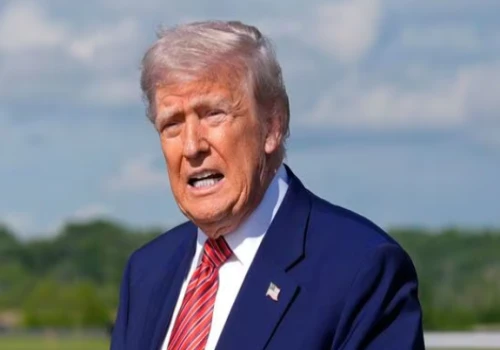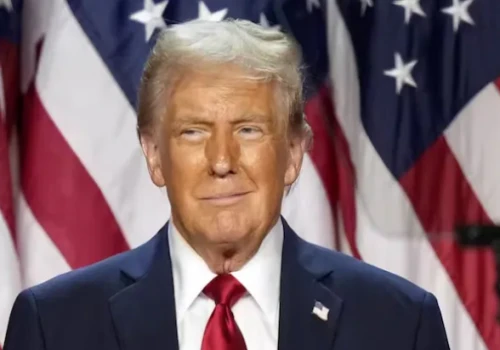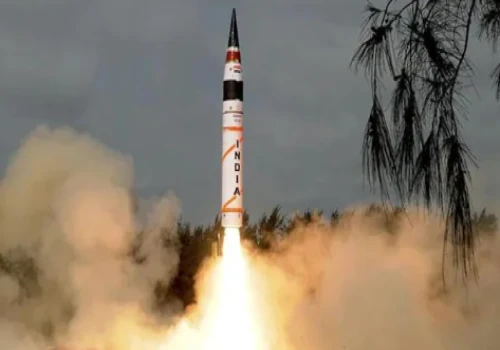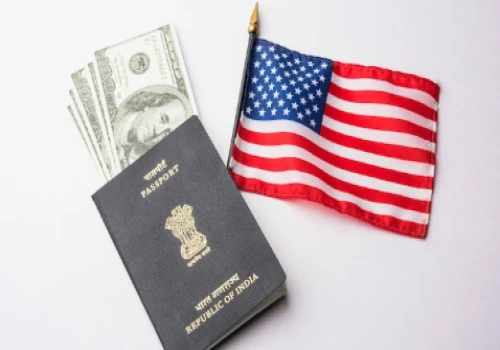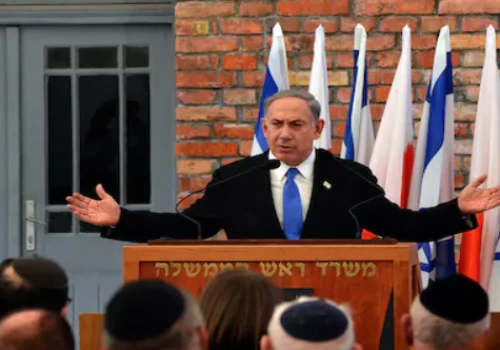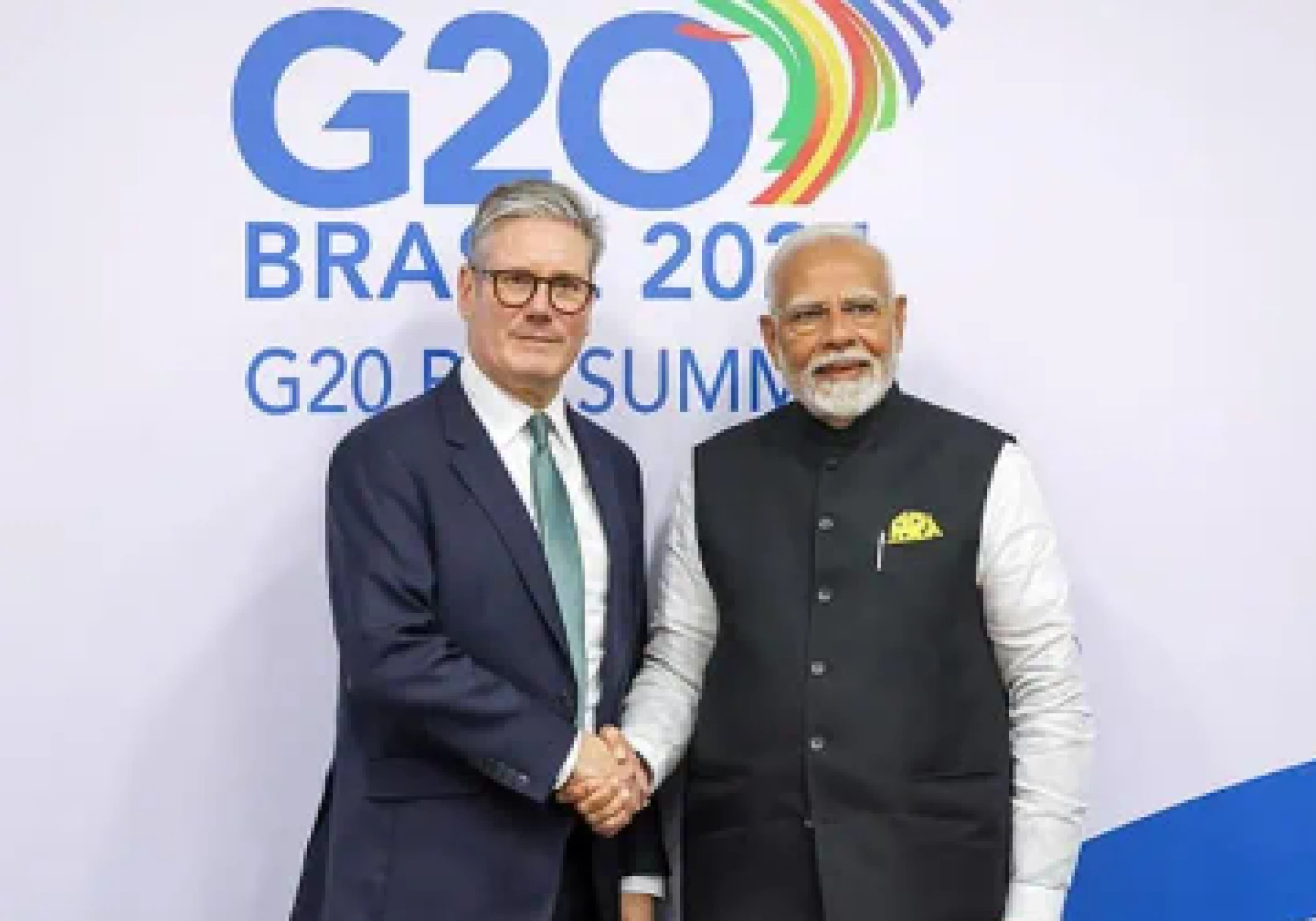
India and the United Kingdom have finalized a landmark Free Trade Agreement (FTA) after more than three years of negotiations, marking a milestone for deepening bilateral economic ties. The Prime Minister Narendra Modi referred to the pact as a "historic milestone" that would drive the Comprehensive Strategic Partnership between the two nations further and catalyze trade, investment, growth, job creation, and innovation in the two economies.
The deal, after a discussion between Prime Minister Modi and his UK counterpart Keir Starmer, also involves a Double Contribution Convention. The convention is intended to avoid double taxation and make the economic cooperation easier between the two nations
Negotiations for the FTA started afresh in February 2025, after a nine-month lull, with priority discussions being trade, investment, and social security issues. The agreement was sealed after two British visits by India's Commerce Minister Piyush Goyal for meetings with British Trade Secretary Jonathan Reynolds.
As per the latest UK government trade statistics, India was Britain's 11th biggest trading partner over the four quarters up to Q4 2024, contributing 2.4% to total UK trade. The trade in goods and services between India and the UK totaled £42.6 billion during this period.
The FTA is anticipated to greatly increase trade, create new employment opportunities, and drive innovation in several sectors in both nations. Additional information regarding the trade agreement is expected to be made public in official announcements from both governments.
Prime Minister Modi welcomed the agreement on social media, posting, "Delighted to have spoken with my friend PM @Keir_Starmer. In a historic milestone, India and the UK have successfully negotiated an ambitious and reciprocal Free Trade Agreement, as well as a Double Contribution Convention".
This historic deal is set to usher in a new era of economic cooperation between the UK and India, in a testament to both countries' shared intent to deepen their strategic relationship and spur mutual development.

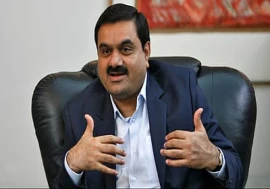

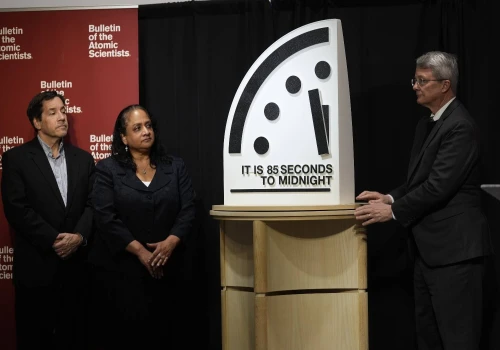
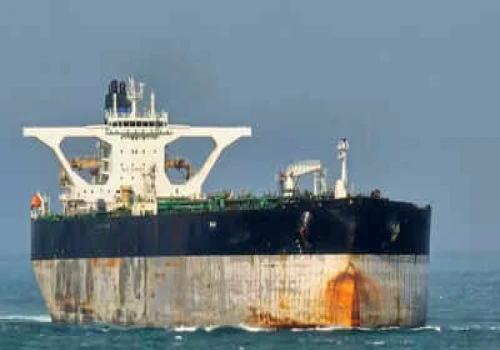
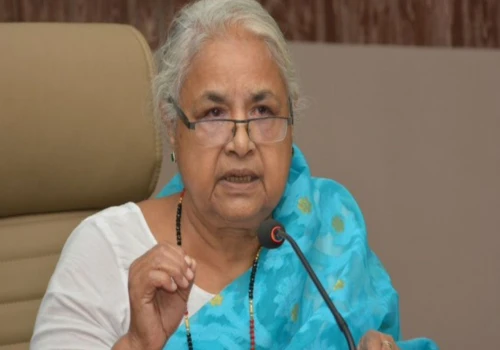
_500_x_350.webp)

